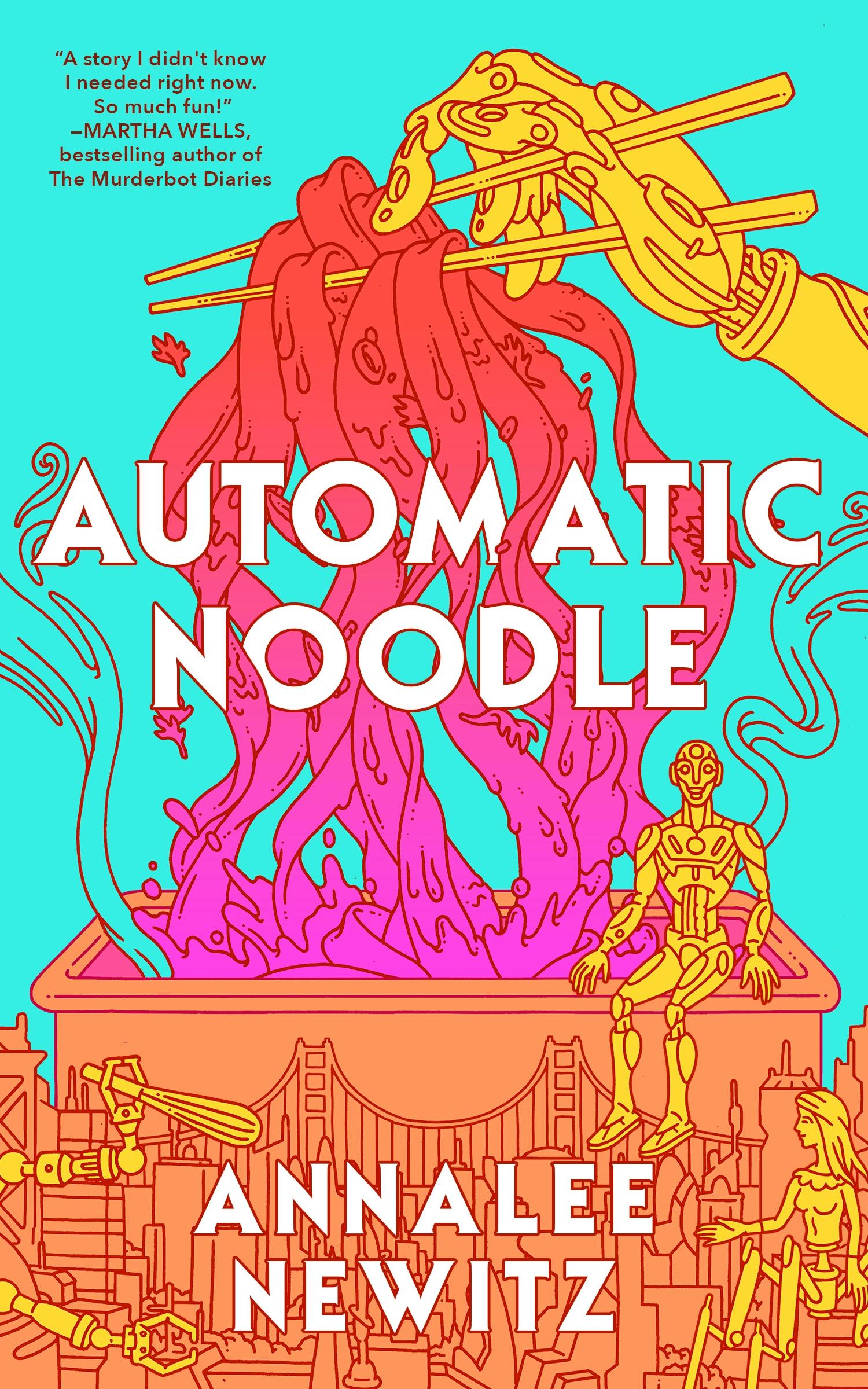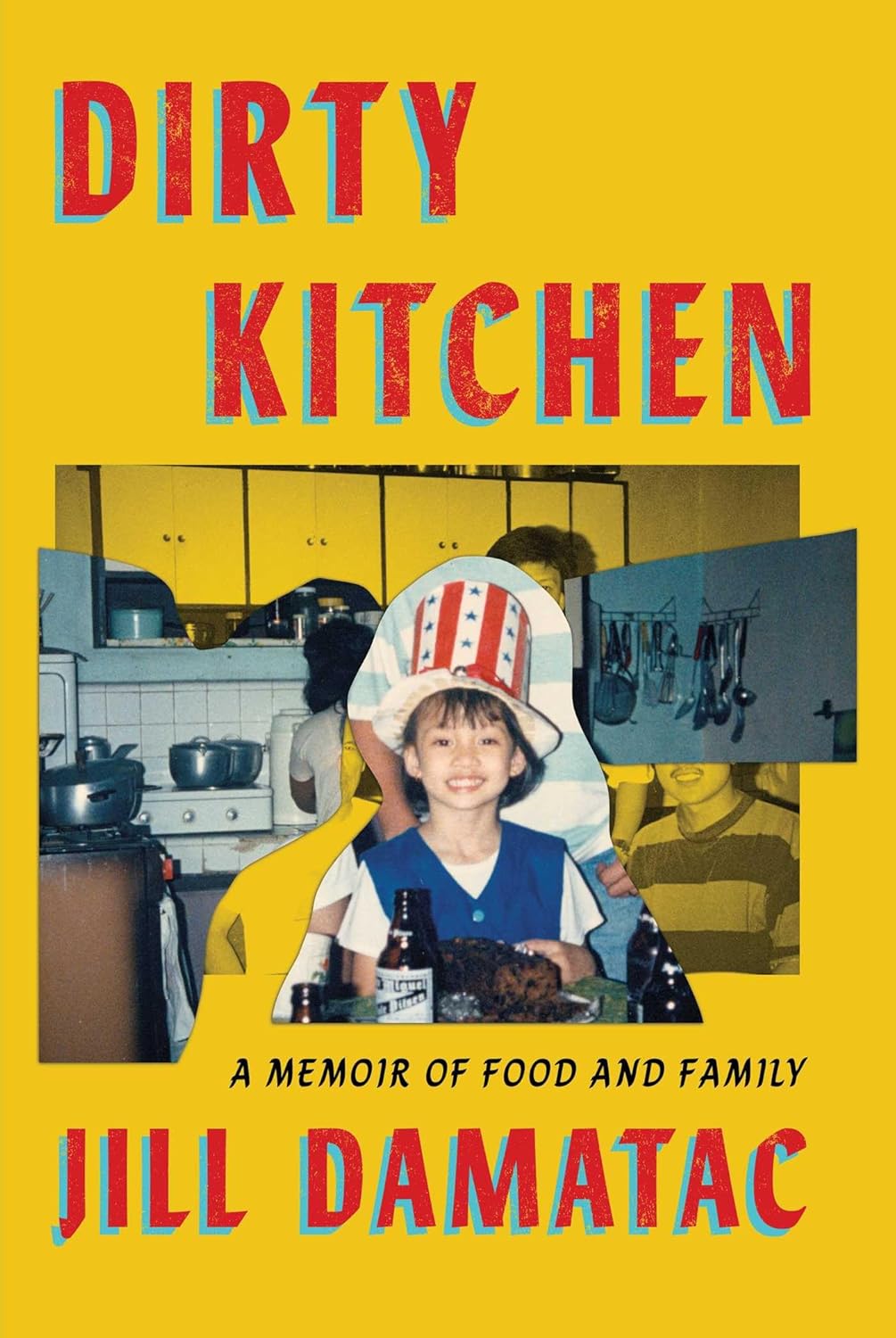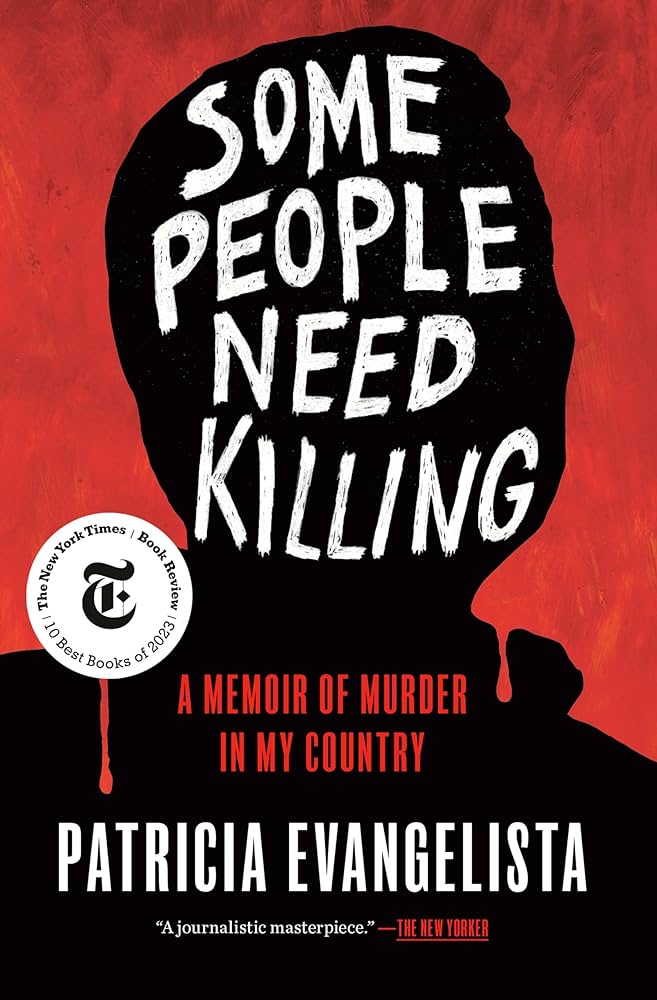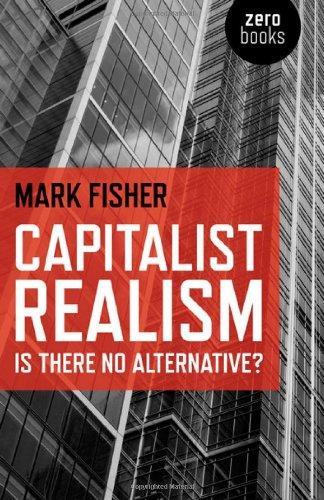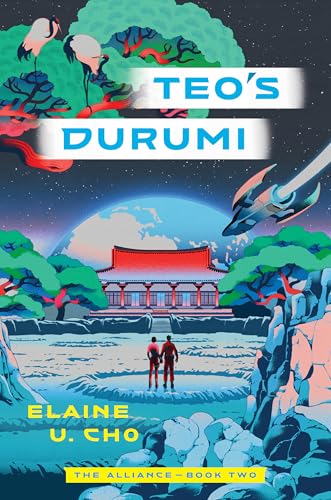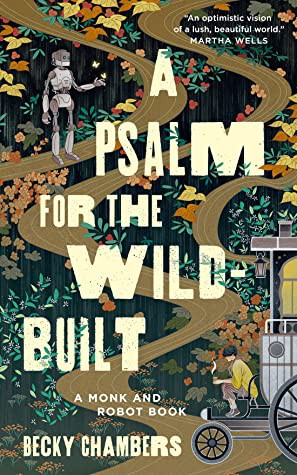snettie finished reading A Court of Mist and Fury by Sarah J. Maas (A Court of Thorns and Roses, #2)

A Court of Mist and Fury by Sarah J. Maas (A Court of Thorns and Roses, #2)
Feyre survived Amarantha’s clutches to return to the Spring Court–but at a steep cost. Though she now has the powers …
